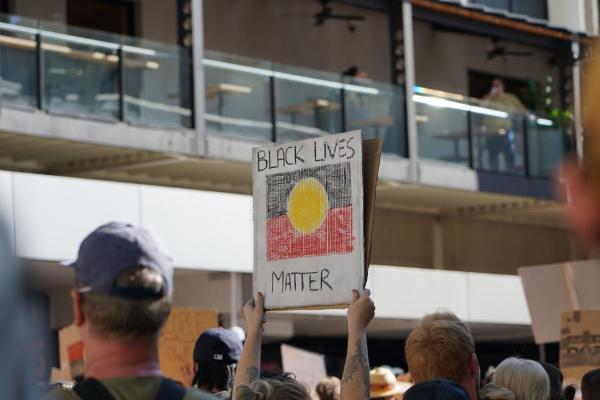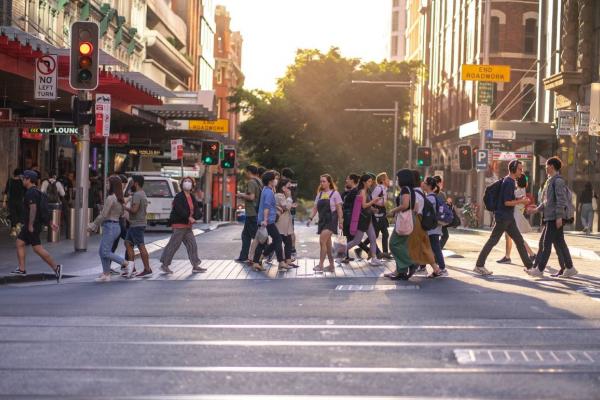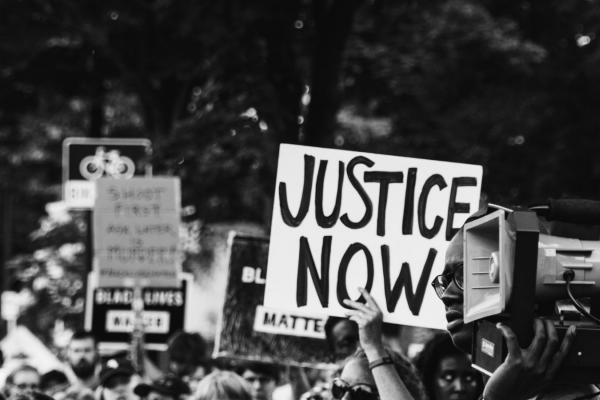Supporting and collaborating with community legal centres to encourage and develop respectful and culturally safe engagement with Aboriginal and Torres Strait Islander Peoples and communities.
In 2016, Community Legal Centres NSW released a Cultural Safety Workbook. The Workbook was designed to function as a catalyst for community legal centres to go out and meet Aboriginal communities, families and people, thereby growing culturally safe relationships. Culturally safe relationships is a foundation of access to justice for Aboriginal people. The Workbook provides guidance to community legal centres in their efforts to develop relationships in a culturally safe way.
While designed for community legal centres, the Workbook has been used broadly across the entire legal profession. The Workbook acknowledges the strong link between cultural safe legal practices and access to justice, because people’s experience of legal services fundamentally shapes the way they access and continue to utilise legal services. Just as legal services can help people achieve justice, being denied culturally safe legal services denies Aboriginal people their right to justice.
So what is ‘Cultural Safety’? Generally, it will have different means for different people, however the original definition, which came from the Maori nursing fraternity in Aoteroa (also known as New Zealand) describes it as:
“An environment that is safe for people: where there is no assault, challenge or denial of their identity, of who they are and what they need. It is about shared respect, shared meaning, shared knowledge and experience, of learning, living and working together with dignity and truly listening.”
Firstly, CLCNSW acknowledges that, for the most part, no person, or group of people, can speak on behalf of Aboriginal and Torres Strait Islander people and communities, past or present. Our work seeks to respect this.
It is important to community legal centres to ensure we provide culturally safe workplaces for Aboriginal and Torres Strait Islander staff members and volunteers, and, to provide culturally safe legal services for Aboriginal and Torres Strait Islander clients.
Many Aboriginal and Torres Strait Islander people experience the Australian legal system as a racist system. This view is statistically supported by the over-representation of Aboriginal and Torres Strait Islander people in youth and adult incarceration, as well as the frequent abuse of power by police towards Aboriginal and Torres Strait Islander communities.
Some Aboriginal and Torres Strait Islander people may understandably view community legal centres as a part of the legal system which does not work for them. This makes cultural safety imperative for community legal centres, as they can function as a mechanism for improving access to justice for Aboriginal or Torres Strait Islander clients, and for their staff.
Community Legal Centres NSW always suggests to the sector that the first places centres should go to seek guidance on developing culturally safe workplaces is the local Aboriginal community-controlled organisation in the centre’s catchment area. There may also be a number of community leaders that centre representatives could speak with.
As part of our sector’s commitments to Reconciliation Action Plans and the Cultural Safety Standard under the National Accreditation Scheme, Aboriginal Cultural Awareness Training is a requirement for community legal centres in NSW.
Community Legal Centres NSW strongly recommends centres work through and consider the information in the Community Legal Centres NSW Aboriginal Cultural Safety Workbook.
- Kingsford Legal Centre: Working with Aboriginal clients Service Provision Manual
- Australian Indigenous HealthInfoNet: Trauma
- Diana Eades: Taking evidence from Aboriginal witnesses speaking English: some sociolinguistic considerations
- Judicial Council on Cultural Diversity: Barriers to Access to Justice for Aboriginal and Torres Strait Islander Women
- Legal Aid NSW: Making our services work for Aboriginal people
- Law Society of NSW: Working with Aboriginal clients: what makes a good lawyer?
- NSW Bar Association: Protocol in respect of Aboriginal and Torres Strait Islander Peoples
- Pro Bono Centre: Client management and self-care – A guide for pro bono lawyers
- Law Society Northern Territory: Indigenous protocols for lawyers
- Law Society of South Australia: Lawyers’ Protocols for Dealing with Aboriginal Clients in South Australia
- Law Society of Western Australia: Protocols for Lawyers with Aboriginal or Torres Strait Islander Clients in Western Australia
Latest news
Community Legal Centres NSW supports the right of people to protest, and we particularly support the right of all people to protest the continuing injustice being experienced by Aboriginal people in NSW and nationally. We stand in solidarity with the Black Lives Matter (BLM) movement.
Submission to the Inquiry into lessons to be learned in relation to the Australian bushfire season 2019-20
Nassim Arrage writes on the importance of supporting people demonstrating as part of the Black Lives Matter and Stop Deaths in Custody movements, and the role of Legal Observers at demonstrations.
For National Reconciliation Week, Community Legal Centres NSW will be hosting a virtual film screening of '88', a Q&A, and a screening of the trailer for 'In My Blood It Runs'. The event will be held via Zoom, next Thursday, 28 May at 12:30pm-2:30pm. All are welcome to join!




